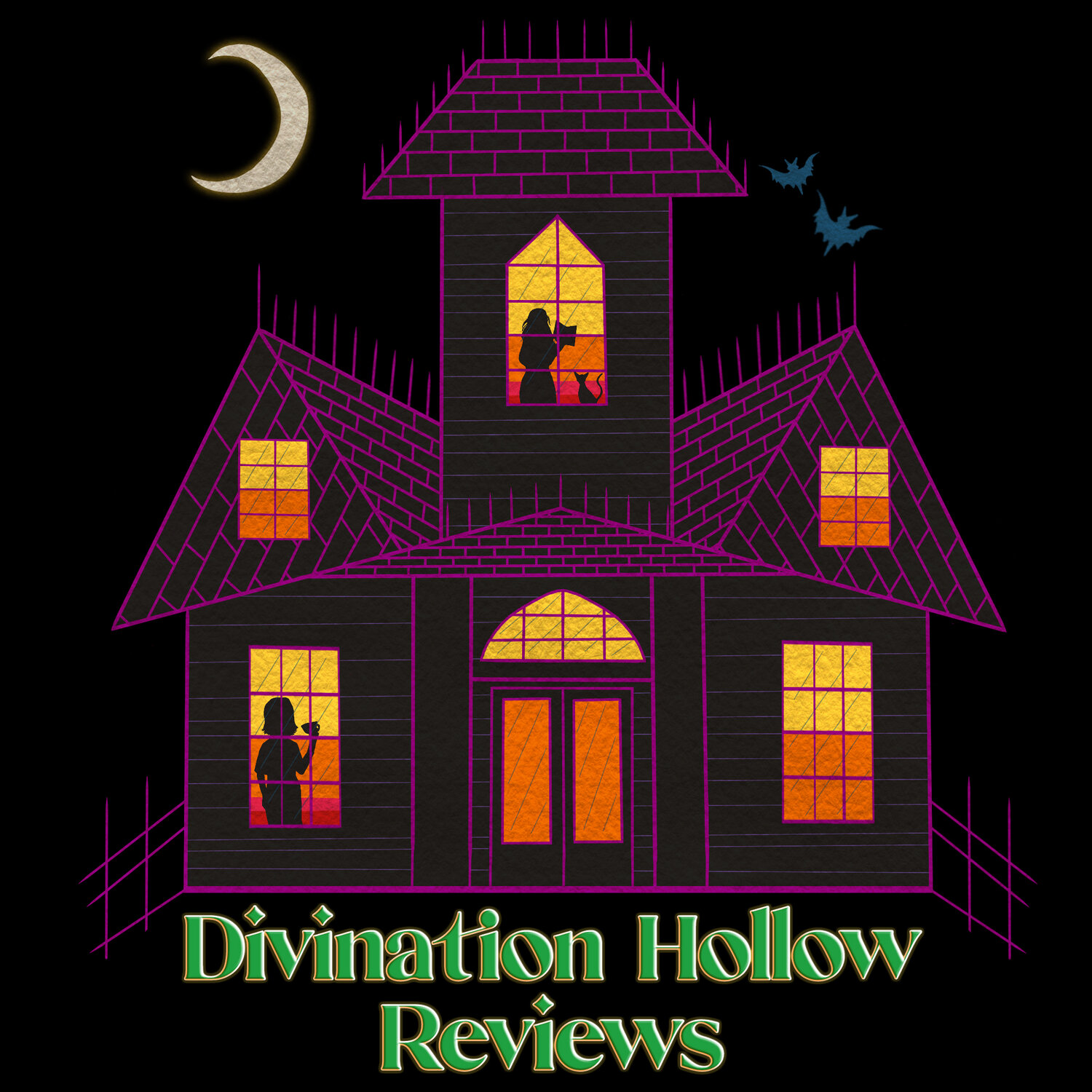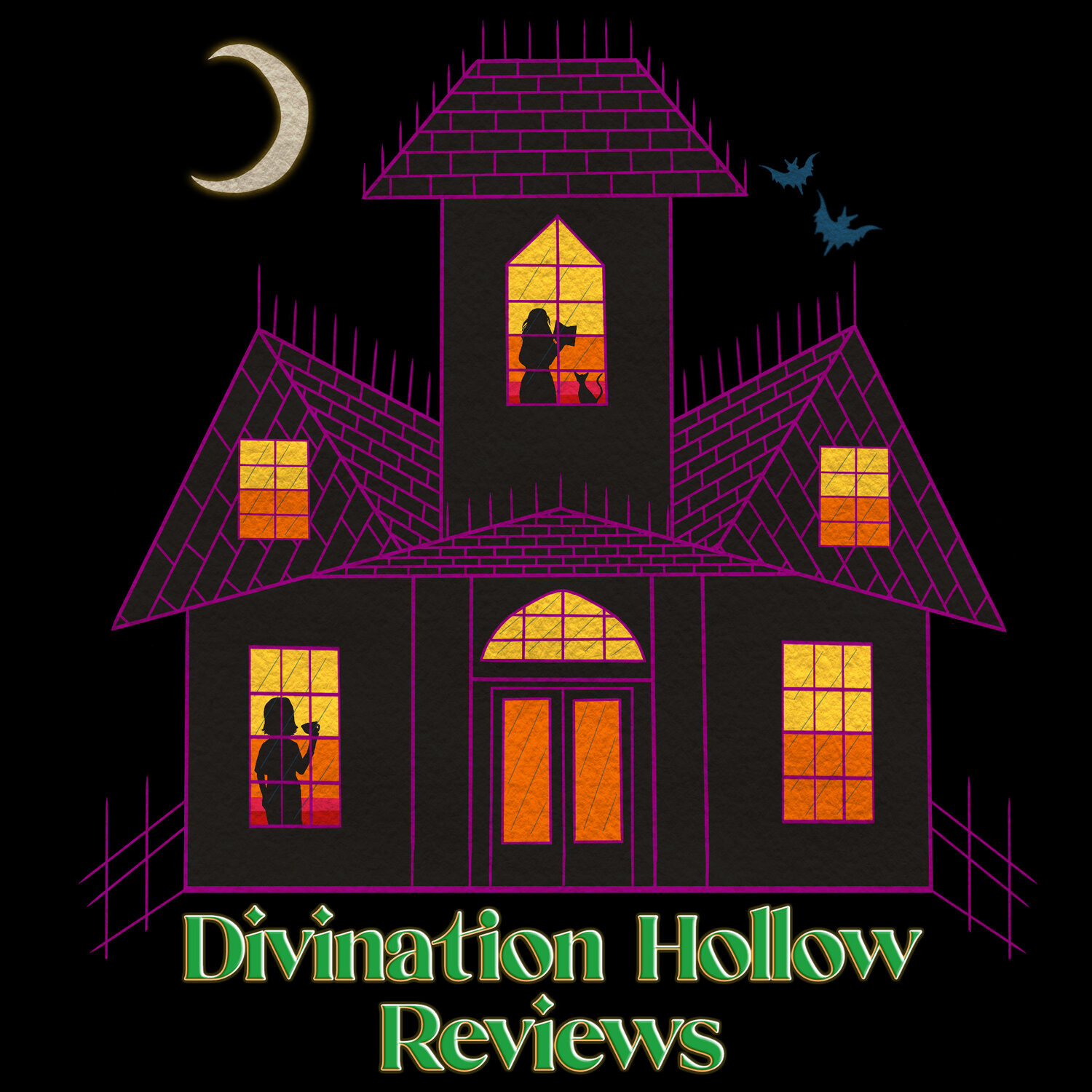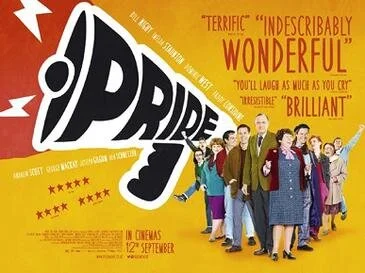Films to Watch This June: Part 1
Films to Watch This June
1: Pride
I know, I know. “Elle,” I hear you cry, in my head, you wonderful person reading this, “Divination Hollow is doing Pride in Horror this month! The 2014 British film Pride staring Ben Schnetzer, Joseph Gilgun, Faye Marsay and many others including Andrew Scott, Bill Nighy, Jessica Gunning wow this is an excellent cast – anyway! That’s not a horror film!”
It’s not, true, but it’s relevant, and it’s important that all of us try to become more aware of our history as members of the LGBTQIA community. Pride depicts events that were very crucial, both to the South Wales miners’ strikes and the subsequent spotlight on LGBT+ rights. And with all the (ugh) discourse this year about what is and isn’t ‘acceptable’ at Pride (again, learn your history, kids) it’s also important to note this film was given a 15 rating in the UK due to “occasional strong language” as well as “scenes of a sexual nature” – meaning men in a gay club wearing bondage.
Even if some elements are changed, added, dramatized, altered for the sake of film, Pride still shows some of the same struggles we face today. Many of the characters – such as Mark Ashton (Ben Schnetzer), Jonathan Blake (Dominic West) and Siân James (Jessica Gunning) - are based on real people, while others such as Joe Cooper (George MacKay) are fictional, with Joe’s story especially being input as an audience surrogate.
The film starts with Ashton’s realisation that the reason they haven’t been harassed during their Pride March that year is because the police are ‘busy’ harassing the mining communities while the miners are on strike. He starts a collection, then founds “Lesbians and Gays Support the Miners”. This is an important idea that runs through the film. Any community that finds itself under attack can not defend itself purely on its own. We need allies. We need people to stand up beside us, to share knowledge and resources.
Although the LGSM faces backlash, although they struggle to find a group willing to even accept their money, they keep fighting. And they end up forging ties with Onllwyn, a small mining village in Wales. Here, the ideas of community and allyship are forged and strengthened.
That’s not to say everything is peaceful. There are those who do not want the LGSM to visit, despite accepting their money, and later, they express their views on the LGBT+ community quite clearly. There are limitations to the film, and it’s not perfect, but it is an important part of both Welsh and LGBT+ history, an element which has often been overlooked.
It doesn’t just deal with the relationship between the striking miners and the LGSM, either. We witness the general brutality surrounding the treatment of both groups, but especially those who are members of LGSM. Although their knowledge and support lifts up the mining community, and it’s specifically Jonathan’s knowledge of the law which gets two young men out of jail, they still face prejudice, including from those men. But others in the community embrace and accept them, glad for the support and eager to provide it back in kind.
One thing I absolutely loved about this film – it captures the Welshness really well. There are jokes and moments that feel so relatable, that make you go, “Yep, that’s the valleys!” Yet without ever taking a stab at the Welsh, or making them – or the LGBTQIA community – the butt of the joke. It’s evidenced early on, when Dai Donovan (Dai = the Welsh shortened version of David) speaks at a gay club, commenting it’s exactly like the local back home, but the women are more feminine. The humour is warm and real, and the theme of support and community is consistent.
There are still lessons we can learn today not just from the film, but from our own history. And it is important to be aware of our history, of what people fought for and against. We have a long way to go, but the paths have been laid, and too many of us are ignoring them.
The UK is at a crucial point right now. We are seeing increasing hostility towards trans people. And we are seeing both Scotland and Wales gaining support for independence from England. These are not separate issues, and Scotland and Wales will only be able to stand proudly as independent countries if we embrace everyone. If we strive to ensure we are inclusive and progressive, and counteract the shit spewed by the mostly-English (at this point) media.
It’s here where looking back to the past, and yes utilizing films like Pride to do so, can be of great help. Those around my age (early thirties) would have been born after the height of the AIDs crisis, but the effect has lingered on into our generation. LGBTQIA rights have come a long way since the events of Pride, but stigma and prejudice remain. The 80s weren’t that long ago, and it was due to the efforts of LGSM that a small mining community was able to survive through the strikes, and it was the support of the mining union that saw Labour incorporate rights for gays and lesbians in their part programme. This is our history. This is the effect that communities working together can have, whatever those communities are, and wherever they are based.
We have to support each other. We have to look out for one another. And that is the message of Pride, but we also need to learn our own history, especially those parts that have been hidden in the shadows for too long.
Review by Elle Turpitt
www.ElleTurpitt.com
www.ElleTurpitEditing.com
@ElleTurpitt on Twitter




